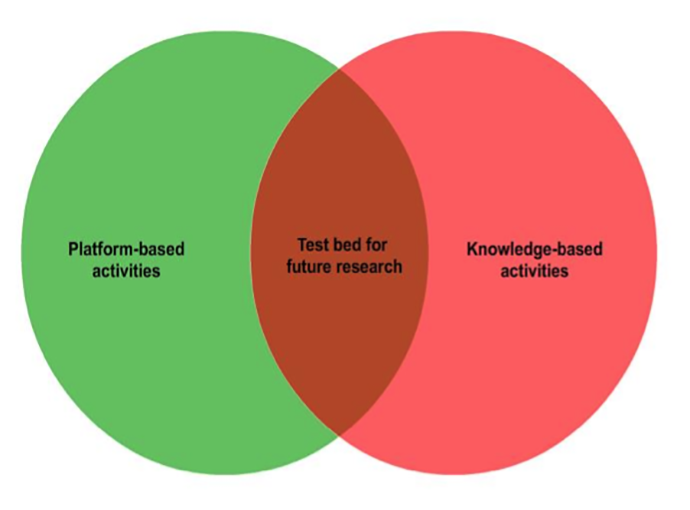The Year 2 Report on Exploitation
Over the past few months, Whizz has been focused on writing deliverable D6.4.2, the Year 2 Report on Exploitation (part of work package 6). The deliverable has raised a number of pertinent questions surrounding the direction of exploitation activities beyond the lifespan of the project.
One key challenge in this deliverable – and indeed throughout the entirety of iTalk2Learn – was to organise the key outcomes of the project into distinct types of exploitation activity. (Note that the term “outcomes” is informed by the progress of the project to date, as well as its likely evolution over the next year).
Exploitation Activities
In order to identify end users and their needs, and to link those needs with the opportunities presented by iTalk2Learn, we expanded our market analysis within the deliverable. As a result we defined two main categories of exploitation activities: platform-based and knowledge-based.
1) Platform-based activities
The most tangible outcome of the project is its open-source integration platform, both as a whole and also as its individual components. Likely end users include new and existing providers of intelligent online tutoring who may wish to integrate one or more of those components.
The Vygotsky Policy Sequencer (VPS), for example, is of tremendous interest to Whizz in driving the tutoring engine forward, while voice recognition represents the next phase in the evolution of online tutoring.
Meanwhile, Fractions Lab is taking shape as a polished, commercial-grade offering that has already been met with excitement at school level.
2) Knowledge-based activities
Each component of the platform is motivated by research problems in the fields of:
- artificial intelligence
- the learning sciences
- human-computer interaction
- mathematics education (with a focus on fractions as a domain).
Thus, exploitation potential exists in the advancement and dissemination of this research, starting with the work carried out by the academic partners within the consortium. These so-called ‘knowledge-based activities’ may take the form of academic publications, workshops, course design or professional development opportunities (to name just a few!).
The Integration Platform
Of course, the platform and the surrounding knowledge are not distinct activities; they exist in a virtuous cycle whereby any efforts towards one area support the other. The integration platform may therefore also be thought of as a test-bed for future research activities, lying at the intersection of the two types of exploitation activity described above.

The integration platform will enable future experiments, allowing researchers to significantly cut costs by bypassing infrastructural roadblocks that often hinder technical research. Accommodating multiple plugins and users, the platform will support a wide range of experimental designs such as randomised control trials.
In addition, as a concrete example, the VPS may be further developed and tested against other state-of-the-art recommender systems. In this way, the test-bed offers exploitation potential both in terms of hosting such experiments (coupled with on-going training and support), and in the resulting research.
The framing of exploitation opportunities may well evolve during the final year of the project. It is an on-going process that is continually informed by the evolving needs of the market, and the potential for iTalk2Learn to meet those needs.
For further ideas or suggestions, please comment below!


